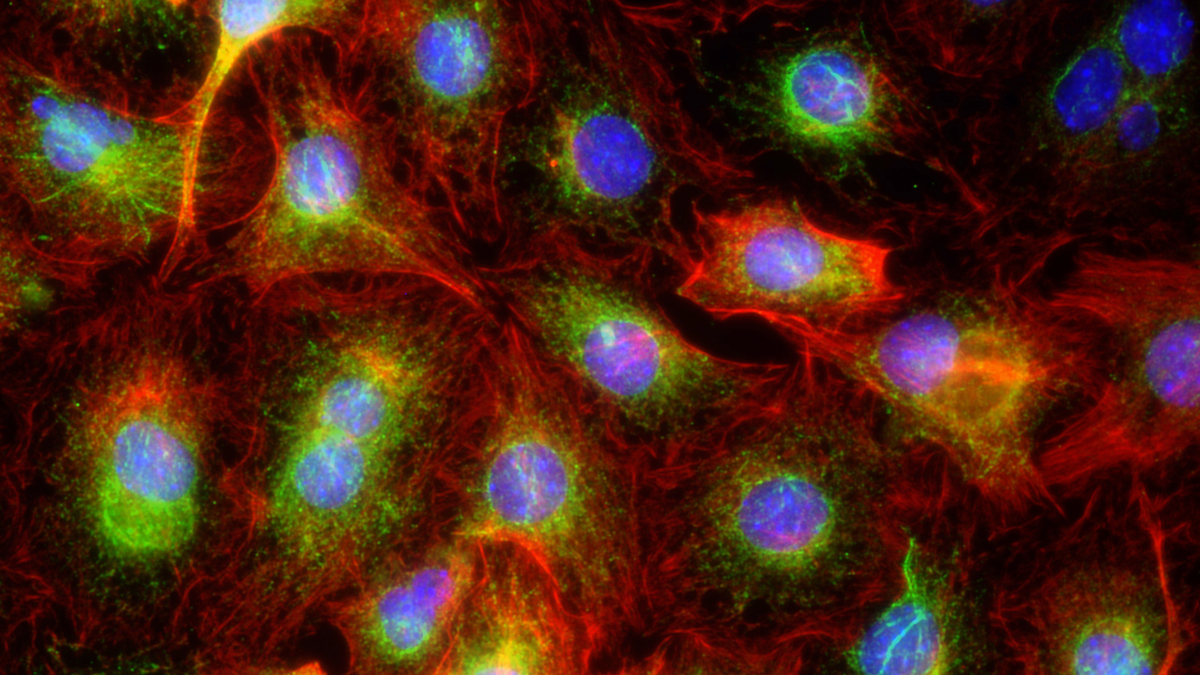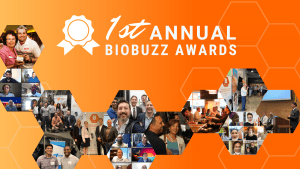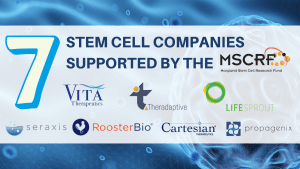
ATCC Places Importance on Genomic Standards in Drug Development
By Alex Keown
May 16, 2023
Virginia’s ATCC and its vast collection of pristine cell lines is a cornerstone in the development of drugs for multiple diseases, including cancer. The company has become a highly reputable starting point for research that has led to breakthrough developments in multiple cancer.
In order to ensure its ability to provide the scientific standard for high quality, high fidelity, genomic sequences for the safe development of therapeutics, ATCC has curated its Genome Portal to meet that demand. The Genome Portal is a platform where users can interactively browse genomic data and metadata. Users can browse and download whole-genome sequences and annotations and search for nucleotide sequences or genes within published genomes. The organization’s collection includes bacteriology, mycology, and virology products.
ATCC normally remains in the background during the research process, but in light of May being National Cancer Research Month, BioBuzz is highlighting the company’s key role in the course of study.
“When you’re studying cancer, you want lines from different tissue types, different cancer types, our collection is pretty comprehensive,” Ruth Cheng, senior vice president and general manager, Research & Industrial Solutions at ATCC told BioBuzz. “We’re well known as the place to go to for cancer cell lines and models.”
ATCC maintains more than 4,000 cell lines in its collection. Of those, about 40% are related to oncology, Cheng said. She noted the collection is stronger in some areas of oncology than others. In particular, ATCC maintains significant lines for different forms of lung cancer.
When it comes to initiating any research into oncology, Cheng said ATCC is the place to begin. She noted the organization has model lines, including those for rare cancers, which makes the organization a starting point. Additionally, the company’s genomes are publicly available but curated and annotated consistently, she said.
“We’re a national resource in that regard,” she said. “We have the standards for information and materials.”
Quality cell lines are the foundation for cell-based experimentation studies that help researchers understand the underlying mechanisms of normal and disease biology, including cancer. However, it is commonly acknowledged that inaccurate public datasets and contamination may adversely affect biomedical research and development and the effective use of bioinformatics platforms. ATCC’s Genome Portal was created in order to maintain the high quality necessary for unvarnished research.
“Mistakes can happen during the research process. There can be problems with the chain of custody,” Cheng noted. She added that if someone is studying a particular cancer medication and ends up using an incorrect cell line, it would take “a lot of work to determine why the line isn’t behaving like you thought.” That costs both time and money.
“The problem compounds as you move forward in translation of that research,” she said.
That’s why it is critical to maintain a platform of authenticated genomes used in research and discovery. Throughout the process, ATCC maintains rigorous quality control methods and criteria to ensure the data is the highest quality. Only data that pass all quality control criteria are published to the ATCC Genome Portal.
ATCC is always looking for additional cell lines to add to their collection, Cheng said. In particular, the organization is looking for lines that “fill the gaps” in their collection, such as a new mutation or something novel, Cheng said. “We are providing genomic standards that enable precision oncology. Our cancer models provide that,” Cheng said. “ATCC doesn’t’ provide the end treatment but we are critical during that entire chain to ensure the safety and quality of the process. We’re always in the background.”








